Robbie Gibb: The Man Behind the Headlines – What You Need to Know
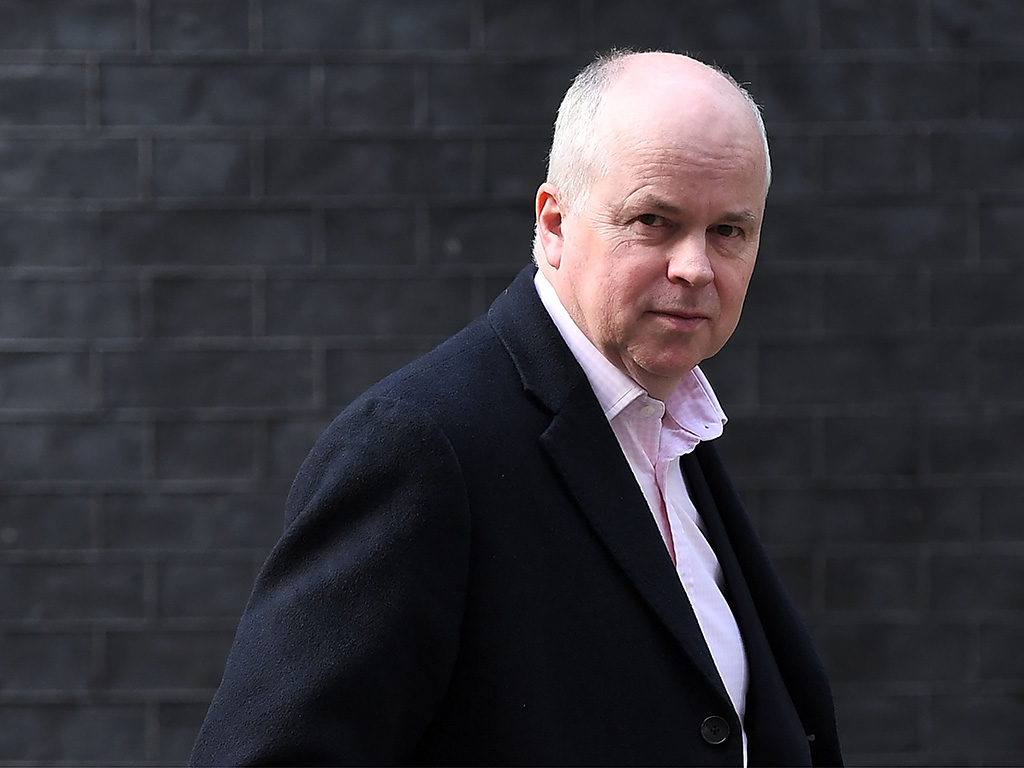
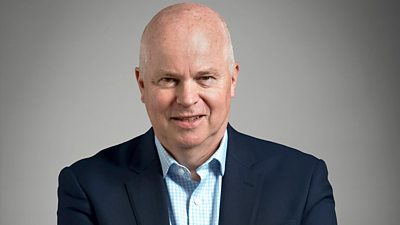
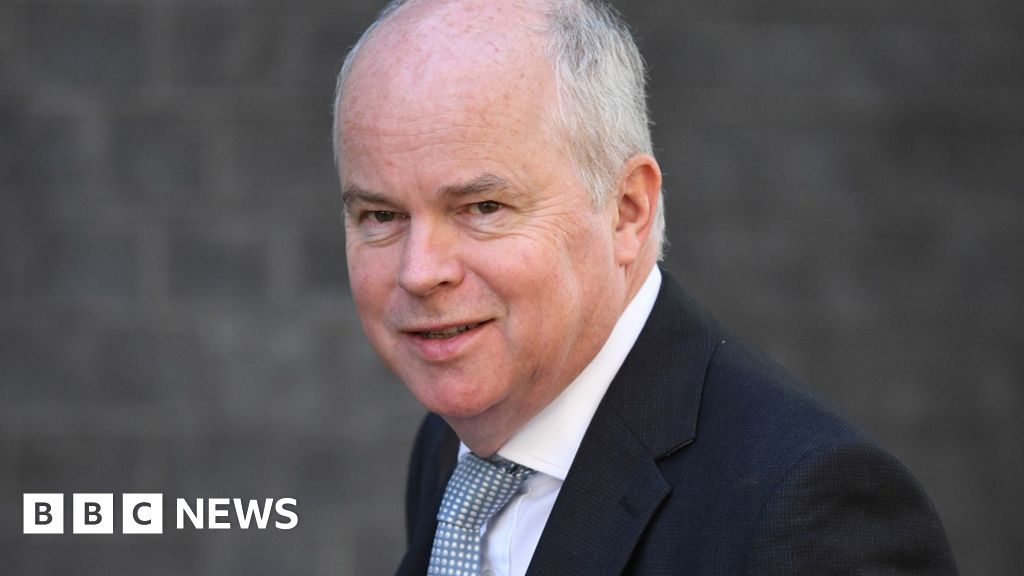
If you’ve ever wondered who really pulls the levers of political communications in the UK, then the name Sir Robbie Gibb should definitely be on your radar. A former broadcast journalist, a seasoned strategist, and one of the most talked-about media figures in Britain today, Gibb’s career offers a fascinating insight into journalism, politics and media power.
Below, we dive into his background, his career trajectory, the controversies surrounding him — and why this matters not just for Britain, but for global media watchers.
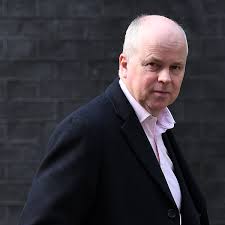
Early Life & Education
Robbie Gibb was born on 29 September 1964 in Northampton, England. (Wikipedia)
He grew up in West Yorkshire (Leeds & Wakefield) and attended Ramsey Abbey School and Harrogate Grammar School. (Wikipedia)
Later, he studied Economics & Public Administration at Royal Holloway, University of London. (Wikipedia)
Interestingly, one of his early activities — before his high-profile media career — included covertly helping as a “courier” for dissidents in Russia, together with his brother. (Wikipedia)
All in all: a modest upbringing, solid education, and early exposure to politics and media.
From Journalist to Media Power Player
Gibb initially entered journalism at the BBC as a political researcher. (kekstcnc.com)
He went on to hold major editorial roles in flagship shows: deputy editor of Newsnight, editor of The Andrew Marr Show, Daily Politics and This Week. (Wikipedia)
In July 2017, he made the jump back into politics proper when he became Director of Communications at 10 Downing Street under Theresa May — a very senior role where he stayed until July 2019. (Wikipedia)
After leaving Downing Street, he moved into PR and strategic communications: he joined the consultancy Kekst CNC as a Senior Advisor. (kekstcnc.com)
In May 2021 he was appointed to the BBC’s Board (Member for England) and was re-appointed in March 2024 to a term running through to 2028. (GOV.UK)
So: from researcher → editor → political communications chief → boardroom strategist. A trajectory that gives him significant insight into how media, politics and power intersect.
Why Robbie Gibb Matters
Here’s why his career matters — and why you’ll want to keep his name in mind:
- Media influence & editorial oversight: As a former top editor and now board member of the BBC, Gibb sits at the junction of journalism and governance.
- Political communications experience: Running communications for the Prime Minister means you understand how messaging, media and government operate together.
- Public scrutiny and controversy: His dual roles have raised legitimate questions about impartiality, media governance and the balance of power in British media.
- Global relevance: The way media operates in national politics is not unique to the UK. Gibb’s story offers a case-study of how media and power can intertwine.
Controversies & Questions
It wouldn’t be a full picture without the contested side of Robbie Gibb’s story. Here are some of the key issues:
- In recent years, more than 400 media and arts figures called on the BBC board to remove Gibb, citing concerns over his role, ties, and possible conflicts of interest. (GB News)
- Critics highlight that Gibb led a consortium that acquired the newspaper Jewish Chronicle in 2020, and point to his membership of the BBC Editorial Standards Committee. (middleeasteye.net)
- Allegations focus on editorial bias, influence over hiring & tweets, and that the BBC’s coverage on sensitive international issues (e.g., Israel-Palestine) appears compromised to some. (owenjones.news)
The headlines ask: Is Robbie Gibb simply a skilled communications professional working within the system — or is he a gatekeeper of British media power with outsized influence? The answer depends on whom you ask.
What We Can Learn From His Career
There are a number of take-aways from Robbie Gibb’s story that are relevant for anyone interested in media, politics or communications:
- Adaptability matters: Gibb’s transition from journalist to communications chief to board member shows a capacity to move between roles, institutions and sectors.
- Messaging is central: A major part of his legacy is how he helped shape and manage how messages are crafted, framed and delivered — a reminder of how powerful communications really is.
- Media governance is complex: His case highlights how the roles of editors, board-members and policymakers interlink — and how difficult it is to maintain the ideal of impartial journalism when politics and media leadership overlap.
- Public scrutiny is inevitable: As the line between media and politics becomes thinner, figures like Gibb attract scrutiny, which illustrates the importance of transparency, accountability and editorial independence.
- Global resonance: While the context is the UK, many other countries are grappling with similar issues — media power, political influence, regulatory oversight — so this story has wider implications.
The Big Picture: In the Age of Media, Power and Politics
In an era where media narratives dominate public life, understanding who controls or shapes those narratives is crucial. Robbie Gibb embodies that intersection of media and political power in a way few do. Whether you view him as a shrewd strategist, a media insider, or a controversial figure, his career offers a useful lens on the challenges facing 21st-century journalism.
What does this mean for you?
- If you work in media or communications: It’s a reminder of how roles can evolve — and how important both craft and ethics are in messaging.
- If you follow politics: Gibb’s story illustrates how government and media often overlap. Understanding that helps make sense of why certain narratives emerge.
- If you care about journalism: The case raises questions about how editorial independence is maintained when there are multiple roles at play.
- If you’re curious about power structures: It offers a concrete case of how individuals can bridge institutions, influence narratives, and become focal points of wider debates.
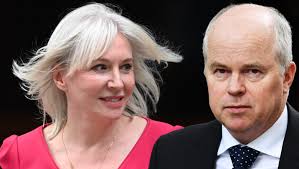
Final Thoughts
Sir Robbie Gibb is more than a former BBC editor or communications chief — he is a figure who reveals how tightly knit media, politics and power can be. For anyone seeking a deeper understanding of how public discourse is shaped, his career offers both lessons and cautionary tales.
Whether you agree with his methods or question his influence, one thing is clear: his name will continue to surface in debates about media impartiality, political messaging and the governance of major institutions.
If you’d like, I can dig deeper into specific controversies around him (e.g., the Jewish Chronicle acquisition, BBC impartiality debates) or compile a timeline of his career. Would that be helpful?